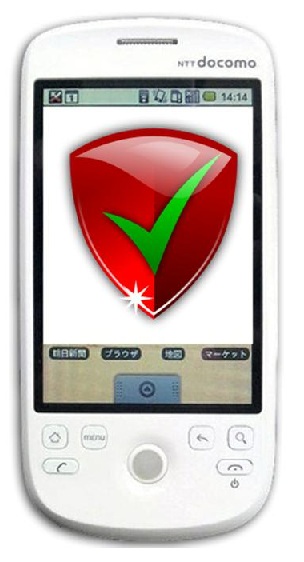 By personalizing the barcodes, first responders can gain immediate access to patient information.
By personalizing the barcodes, first responders can gain immediate access to patient information.
A contest called the Startup Weekend Health competition in Philadelphia was held for the second time this year, and in this instance, it was won by a concept for using personalized QR codes that provide emergency responders, such as paramedics, to scan them in order to obtain relevant patient data.
This use of the barcodes allows the medical professionals to obtain vital information right away.
Even if a patient has been rendered unconscious, is in shock, or is unable to provide accurate information, the QR codes give the first responders access to his or her medical information. The hope is that by using technology in this way, it could help medical personnel to reduce the chance of accidentally administering the wrong type of treatment to a patient.
The data revealed by the QR codes could help an emergency responder to better save a life.
This is because by scanning the QR codes in an emergency room or even out when a paramedic is responding to a call, the patient’s allergies, the medications that he or she is taking, and his or her medical conditions can be revealed. This can help the responder to make a decision that is more appropriate to the needs of that specific individual.
Moreover, When the right app is used, it becomes possible for QR codes to give the medical responders the ability to send out a text message to the patient’s emergency contacts. This way, even more information can become available, and personal support can become available to that patient.
The entire concept for the QR codes used in this way was pitched for the contest by a team from the In Case of Emergency (mICE) program. The leader of that group, David Bendell, made the actual pitch, and the entire plan for the program itself was put together by a team of seven people within 48 hours of the pitch itself. Though they won first prize – an interview with DreamIt Health, their main concern is now that two members of the team (including Bendell, himself) are international students. They will need to find full time jobs before May 2013 or their visas will run out before they can continue this project.
Denny |
February 21, 2013
 McAfee report highlights risky applications and their impact on mobile security
McAfee report highlights risky applications and their impact on mobile security
Mobile applications are universally popular among mobile consumers. Nearly everyone that has a smart phone or tablet makes use of applications in some way, whether they be for browsing the Internet or checking email. Most of these applications are unassuming, offering simple services for literally nothing in return. A growing number of applications are becoming less altruistic, however, according to McAfee Labs, a leading security analysis firm. The firm has released its latest Mobile Security: McAfee Consumer Trends Report, detailing a troubling trend that has emerged in the mobile world.
Malicious apps find their way onto trusted marketplaces
McAfee notes that mobile platforms have become very attractive to hackers and other malicious groups that can exploit a person’s personal information. While applications have made the lives of consumers easier, they have also opened these consumers up to new threats that go mostly unnoticed. According to McAfee, more applications are being introduced to markets that contain multi-faceted scams, black market crimes, imbedded malware, and other threats. A significant number of these applications are finding their way to popular app stores, successfully sidestepping the security features that are meant to keep these marketplaces safe.
Education may be part of the problem
Education — or lack thereof — is part of the problem, according to McAfee. While many consumers have become more aware of the threats that exist in the world of mobile security, few understand exactly what these threats mean. Fewer still take steps to adequately protect themselves from these threats. Many consumers rely on large companies like Apple and Google to protect them from malicious attacks through various mobile security services offered by these companies, but the growing complexity and aggressiveness of these attacks is making it nearly impossible for such companies to stave off threats on their own.
Google Play reportedly falling prey to malicious groups
McAfee claims that hackers go through extraordinary efforts in order to insert their malicious application into trusted applications markets like Google Play. The firm notes that 75% of its McAfee Mobile users downloaded such applications from Google Play specifically. While Google regularly removes thousands of these applications from its marketplace, thousands more replace these applications on a nearly daily basis, making it difficult for Google to make significant headway concerning mobile security.
 By personalizing the barcodes, first responders can gain immediate access to patient information.
By personalizing the barcodes, first responders can gain immediate access to patient information.
 McAfee report highlights risky applications and their impact on mobile security
McAfee report highlights risky applications and their impact on mobile security